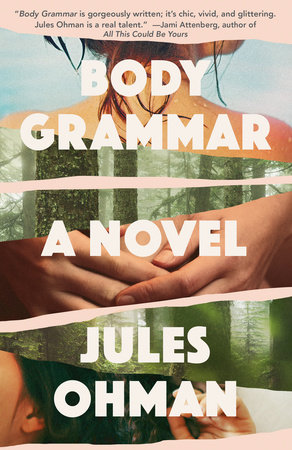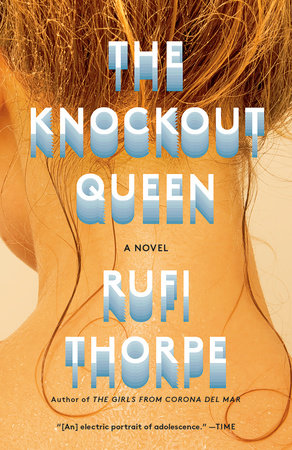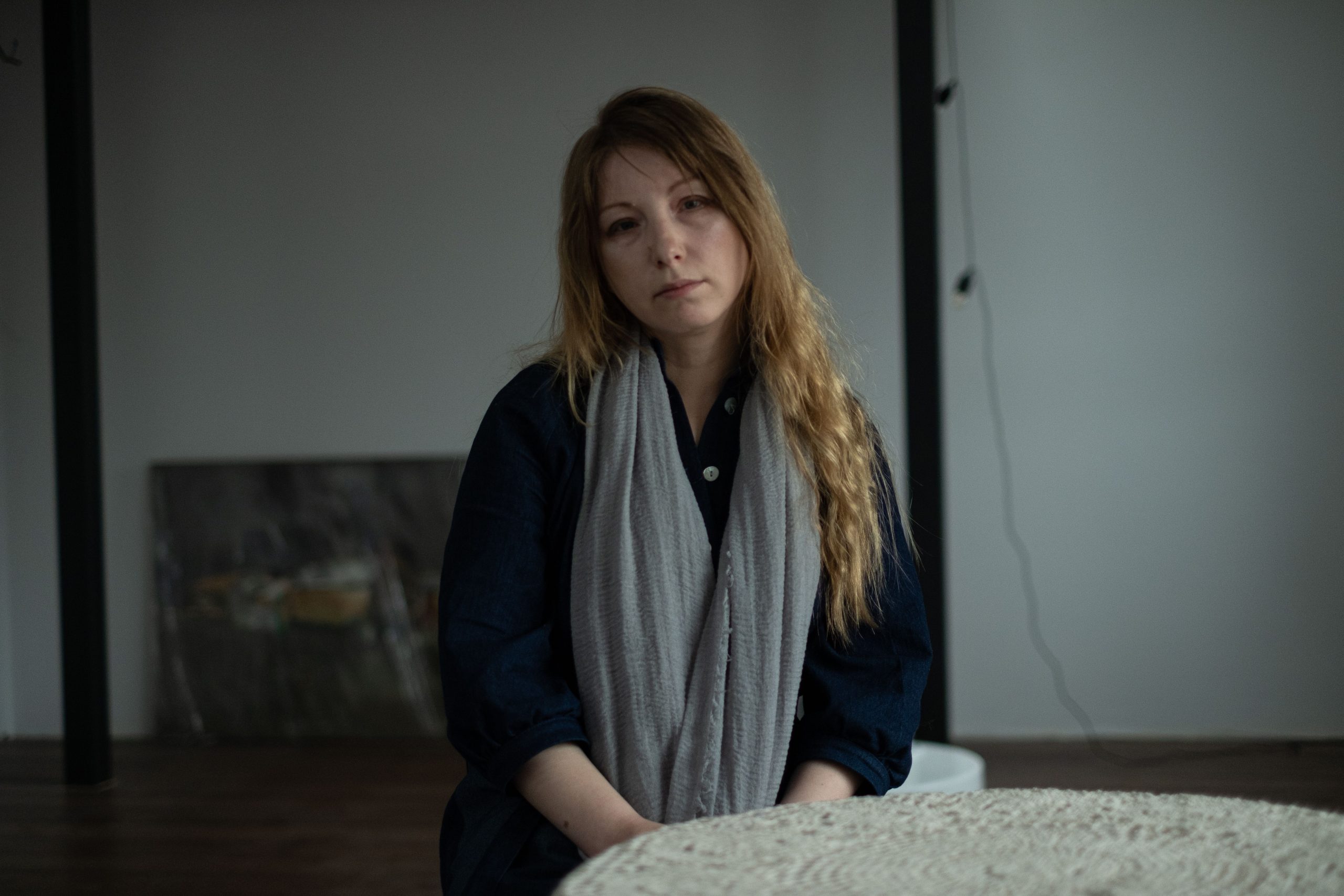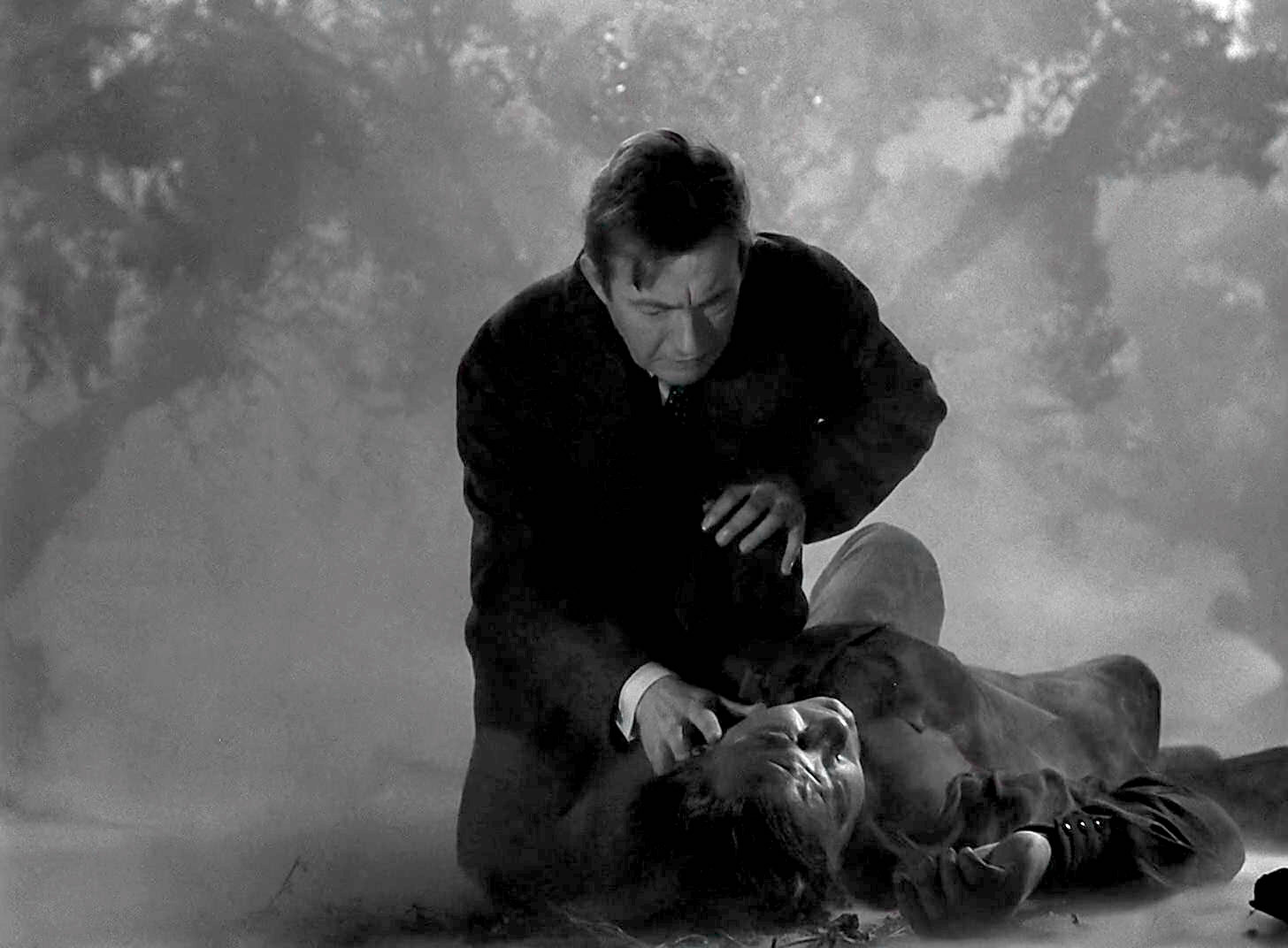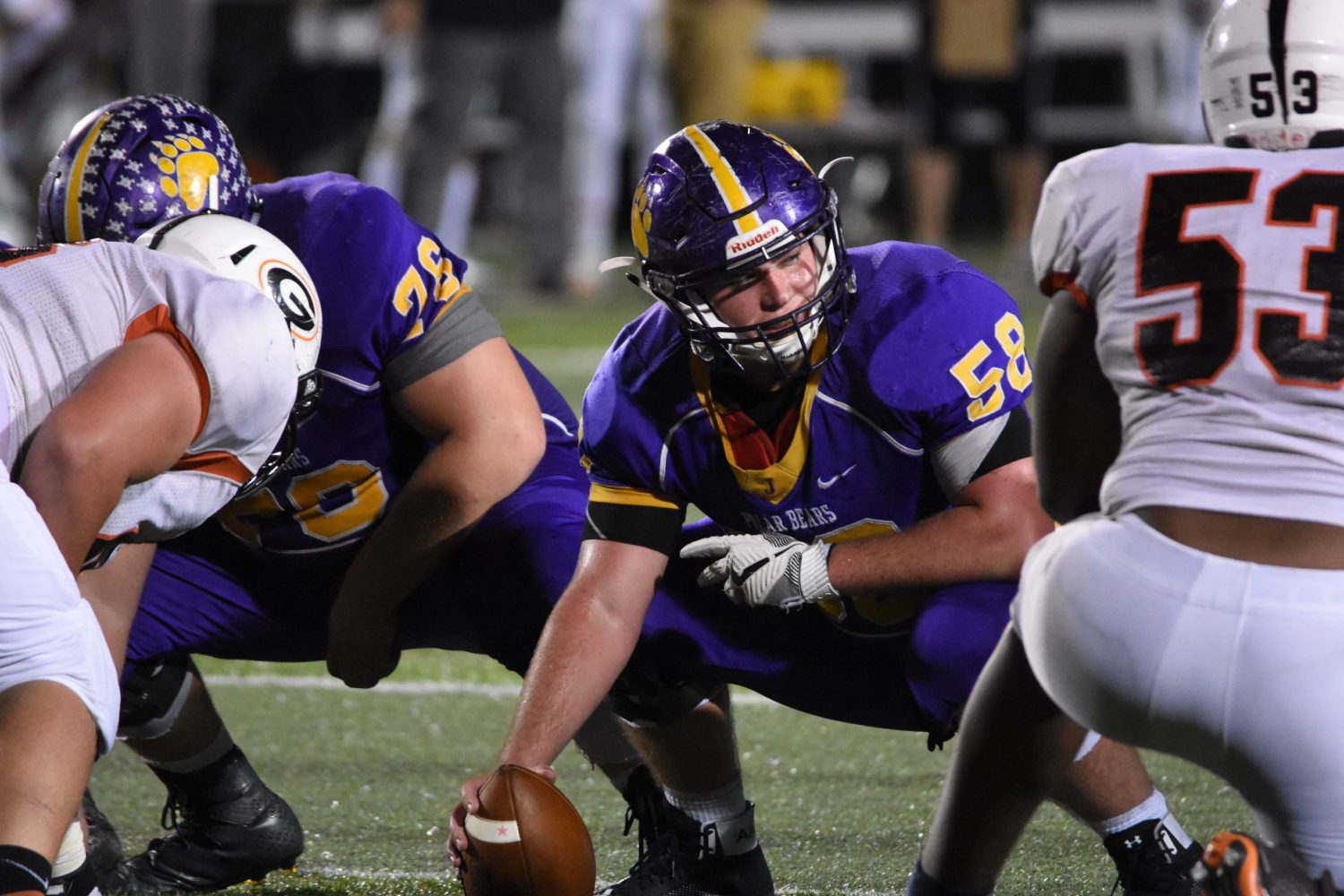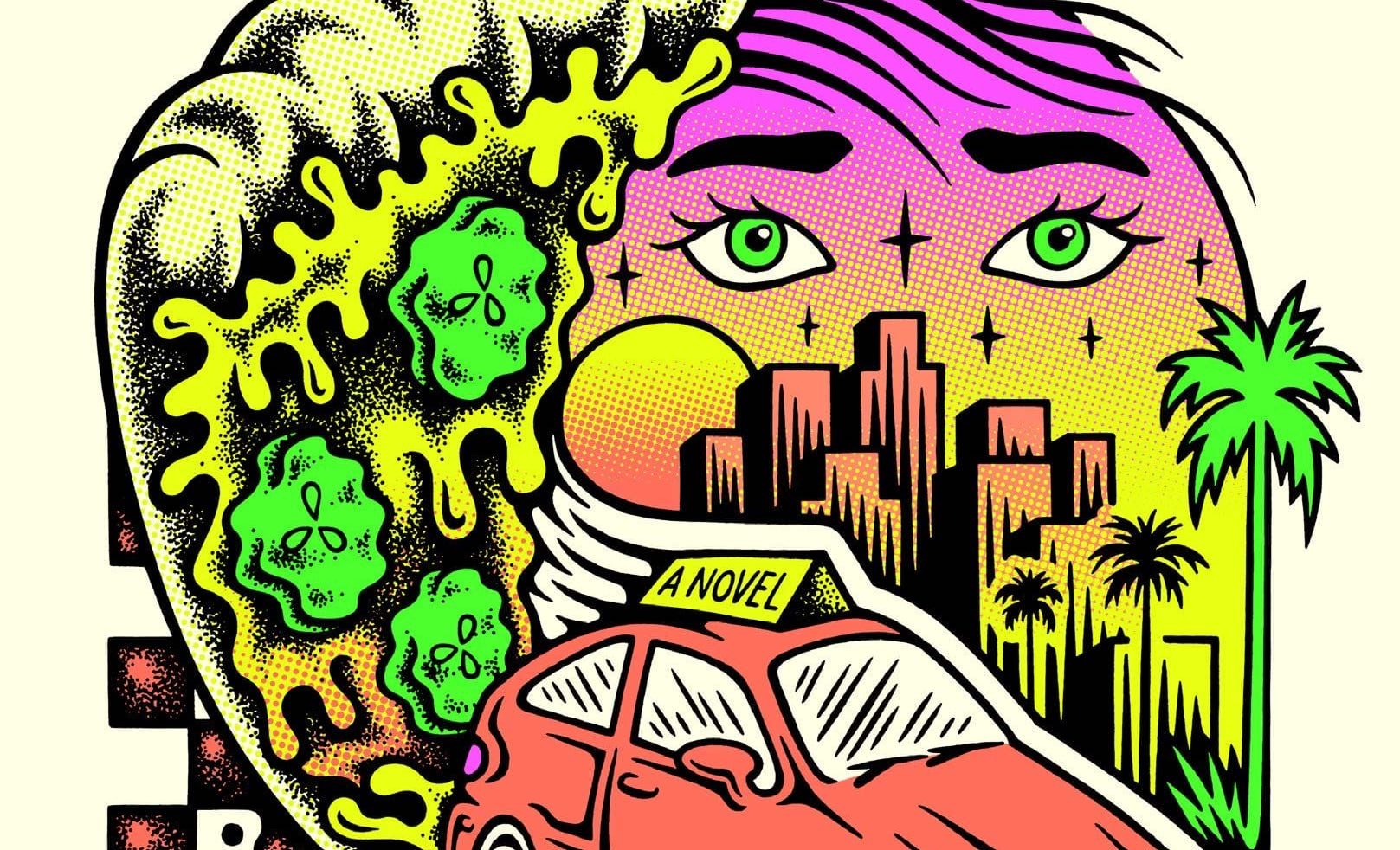Reading Lists
8 Books About Coming into Queer Selfhood
Jules Ohman, author of “Body Grammar,” recommends coming of age stories that happen at all ages

Even as a millennial growing up in the ‘90s and aughts, it was rare to read a book that featured a queer protagonist, let alone a whole Heartstopper cast. I searched hard, despite not knowing exactly what I was searching for.
Most queer adults I know didn’t have an adolescence or coming of age that allowed them open desire or the ability to name themselves or their experiences. In my twenties and thirties, I sought answers about naming the unnameable in queer coming of age. Queer theorists and academics have described the concept of queer time, a non-linear way of coming to selfhood. Queer coming-of-age isn’t limited to adolescence. It is happening all the time. Sometimes it’s delayed by decades. Sometimes it happens more than once. The books on this list highlight queer coming of age that happens at all ages. Sometimes sexuality or gender is the focal point, but often it’s not. Some stories are focused on other parts of the protagonist or narrator’s life that took precedence. All of these books feel queer to me in others ways, in form, in expansiveness, in seeking answers that don’t fit into an easy or well worn narrative. They create something new.
My debut novel, Body Grammar, describes coming of age as both a person and an artist through the lens of Lou, a genderqueer model who walks runways for men’s and women’s fashion shows, but has avoided pursuing her own creative life past high school. She doesn’t have the language for her desire or her gender, but comes of the age the same way anyone does. Slowly, with stops and starts, and then all at once.
There is something searching, something clear-eyed in reflecting on a queer adolescence and young adulthood. There is pain. There is a hell of a lot of longing. But there’s also beauty and a sense of having reached somewhere, at last. The books below highlight all kinds of coming of age. Into self. Into love. Into family. Into a future that would have been impossible once to imagine.
Another Brooklyn by Jacqueline Woodson
Jacqueline Woodson’s first novel for adults in several years is a lyric meditation on adolescence, place, and friendship, and memories driven by feelings and girls connecting for a brief time. It follows four friends in 1970s Brooklyn, but some of the memories expand and contract over decades. The narrator, August, tells of everything she and her friends want to be and have, and what they do and don’t get. Like other books on this list, Woodson’s narrator looks back in time at this era of adolescence with a different lens than as she was living it and finds herself to be a different person.
Paul Takes the Form of the Mortal Girl by Andrea Lawlor
I’d never read a novel that described the shifting of gender how I’d experienced it, all its various and kaleidoscopic possibilities, until I read this book, which takes place in the queer ’90s. The protagonist Paul changes genders and his body and places at will. This book is hot and beautiful and fully itself, just like “various” Paul, and all his routes through and into the world. There’s also a ton of sex in it, all of it fun.
The Days of Afrekete by Asali Solomon
One of the funniest novels I’ve read recently, The Days of Afrekete asks the question of that double coming of age. When you first realize something transcendent about yourself through a relationship, and what happens when you bypass it for another life. The protagonist, Liselle, remembers her past love, Selena, while facing down the dissolution of her marriage and life.
Funeral for Flaca by Emilly Prado
Emilly Prado’s gorgeous memoir-in-essays Funeral for Flaca is both funny and devastating in equal turn. Interlaced with songs that defined her childhood and adolescence, Prado’s essays examine grief, identity, and the nuance of familial love and relationships. She describes coming of age in the aughts (Napster, Hot Topic, The Notebook, and AIM screen names all make appearances) with both tenderness for the kid she was and profound insight into reckoning with past selves and trauma.
Black Light by Kimberly King Parsons
If I could describe queer adolescence, it would be this line in Kimberly King Parsons’ debut story collection: “You can’t just wish something and really get it, can you?” Or maybe this one: “…neither of us is exactly sure how to harness what we have.”
This collection is a Texas fever dream of women and girls wanting and not always getting. The story “Glow Hunters” is one of the truest depictions of queer adolescent desire that I’ve ever read, as it follows the buzzing line between friendship and something more for two high school girls. The sentences are pristine and the feelings are plugged into an unstoppable current. In the title story, the narrator describes how “everything in the world that mattered to me was shoved between the last bell and the sound of my mother’s car in the garage.” This collection is that feeling, a million times over.
High School by Sara and Tegan Quin
Tegan and Sara’s music was the soundtrack of countless queer adolescences, and their memoir, told with electric and devastating closeness, is also an artistic coming of age. They discover their songwriting talent and voices, while coming out and having their first relationships with other girls in their hometown. The audiobook features original recordings of their teenaged songs, which is a treat and a time machine.
Memorial by Bryan Washington
The relationship between two young men at the center of Bryan Washington’s novel has already dimmed by the opening pages. But both Mike and Benson come of age in different ways over the course of the novel, separately, then together. What begins as a breakup novel transfigures into a moving family story, focusing on the difficulty of coming into selfhood and articulating your own needs and love despite the complexity and pain of the past.
The Knockout Queen by Rufi Thorpe
In The Knockout Queen, queer teen Michael tells the story of his friendship with Bunny Lampert, his next door neighbor and closest companion, at least for a time. The story and prose is propulsive and full of dark momentum. Michael doesn’t fit into their suburban community as a boy, and Bunny doesn’t fit in as a girl; both their bodies and home lives mark them as outsiders. When the novel flashes forward to their adulthoods, after a violent event severs the era of their friendship, they have both come of age in profoundly different and illuminating ways.




